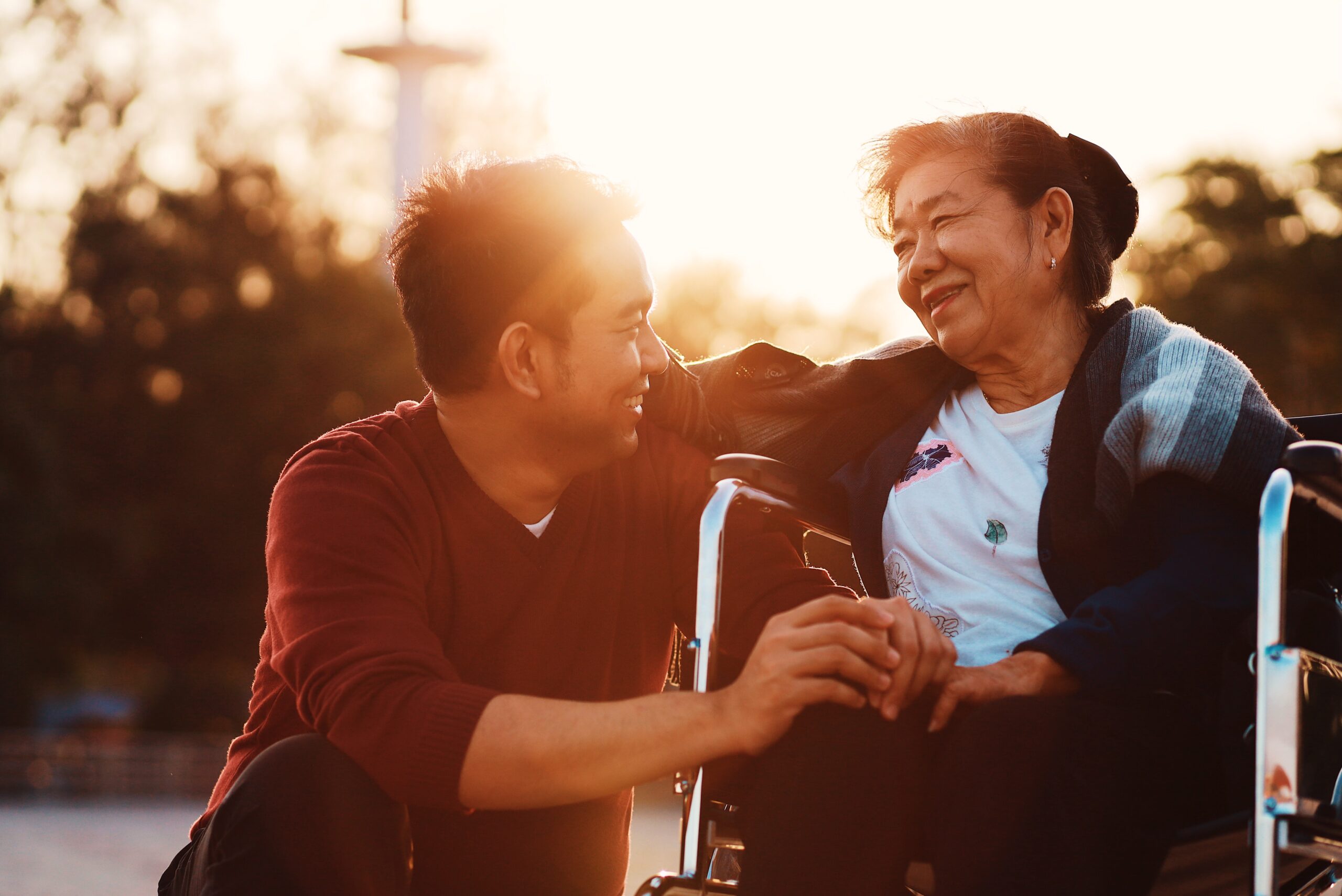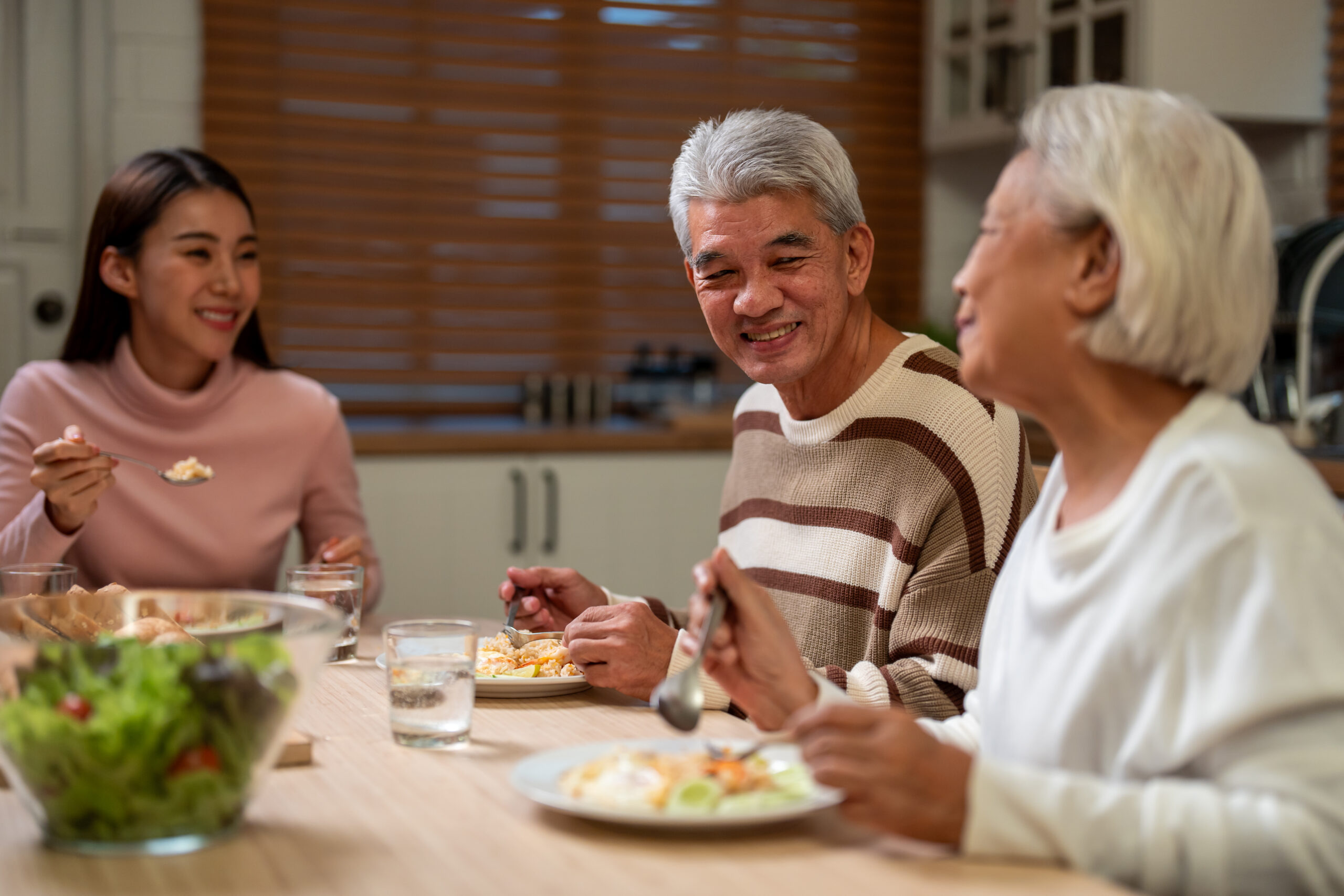Navigating the complexities of parent-child dynamics and discovering profound insights along the way
It’s midday, and my parents and I are on a road trip across the border. My father sits in the passenger seat while I drive. This trip was meant to be part of a much-anticipated bonding experience between us.
My father, who celebrated his 70th birthday last year, is a bit stubborn and hot-headed, traits that, unfortunately, I also possess. Hence, we often butt heads, especially during road trips where navigating directions comes into play.
Like many of our past journeys together, the sequence of events unfolded predictably: things would heat up, arguments would erupt, voices would be raised, an awkward silence would follow, then everyone would calm down, and we’d proceed as if nothing had happened.
Being closer to my mother, I shared my frustrations about these stressful episodes when it was just the two of us sitting in a restaurant, my father having wandered off to explore. I hadn’t anticipated the conversation that followed, but it turned out to be one I, or perhaps many of us, needed to hear.

“It’s hard taking care of the elderly,” she said, her expression neutral as she gingerly attempted to squeeze the slice of lemon into her warm tea.
“It’s even harder when it’s your parents. They can say the harshest things sometimes, without meaning to. Your heart needs to be gentle, you have to have patience,” she added.
It was a poignant reminder that there was still much for me to learn and grow into. As time passes, I’ve come to understand that the relationship between parent and child undergoes a natural evolution, prompting moments of introspection and adjustment.
This phenomenon is especially pronounced in societies like ours, where filial piety is deeply ingrained and familial obligations are held in high regard.
Unlike in many Western cultures, where senior citizens’ homes are more common, here in the Sultanate, the concept of sending ageing parents to such facilities is nearly non-existent. Instead, the norm and expectation are for the younger generation to take up the mantle of caregiver.
This responsibility comes with its own challenges, requiring a delicate balance of patience, care, and understanding.
Taking care of our elderly parents is not just about providing for their physical needs but also involves catering to their emotional and psychological well-being, ensuring they feel valued, respected and integrated.
Communication plays a critical role in navigating these changes. It’s important to have open and honest discussions with our elderly parents about their needs, fears and expectations.
These types of conversations might not be something we’re used to, but part of maturing is understanding that these discussions are necessary for everyone’s well-being, even if they can be awkward and uncomfortable.

However, it’s important to approach these conversations carefully, ensuring that our ageing parents do not feel like burdens to their children. This requires emotional intelligence and patience, as these discussions can be emotional and met with resistance.
Another aspect of this caregiving role is the challenge of balancing multiple responsibilities as many are caught between caring for their aging parents as well as their own children.
It’s a deeply emotional and often overwhelming experience, juggling the needs of two generations while trying to maintain your own well-being.
Managing these dual responsibilities, along with professional commitments, can be incredibly stressful and often leads to caregiver burnout.
Ultimately, the constant pressure to meet everyone’s needs can take a toll on your mental and physical health therefore it’s crucial for caregivers to seek support, whether from other family members or friends.
Opening up about your struggles and sharing the caregiving responsibilities can help alleviate some of the stress.
It’s not a sign of weakness to ask for help; it’s a necessary step towards ensuring that the care provided is sustainable in the long term. – Wardi Wasil





